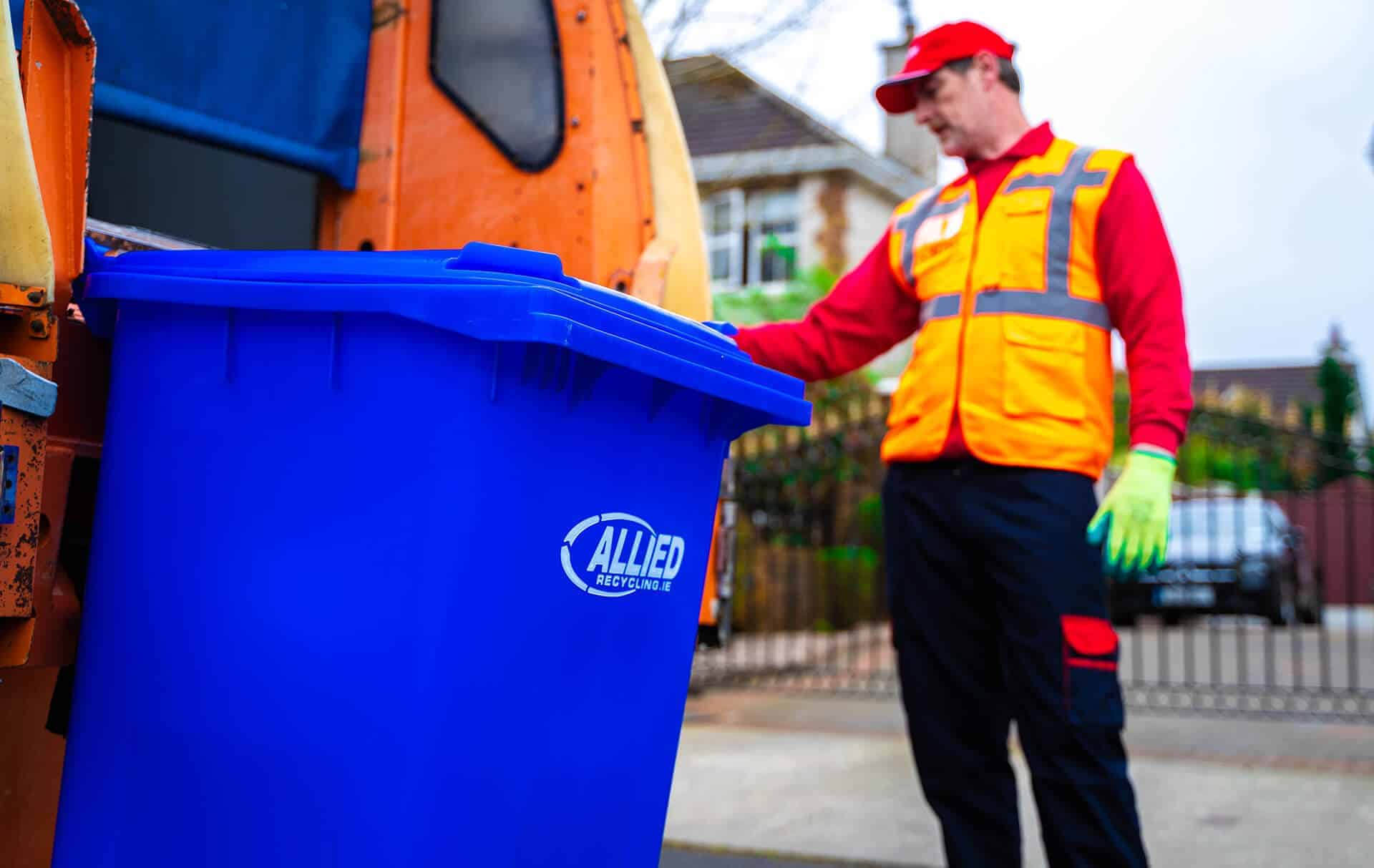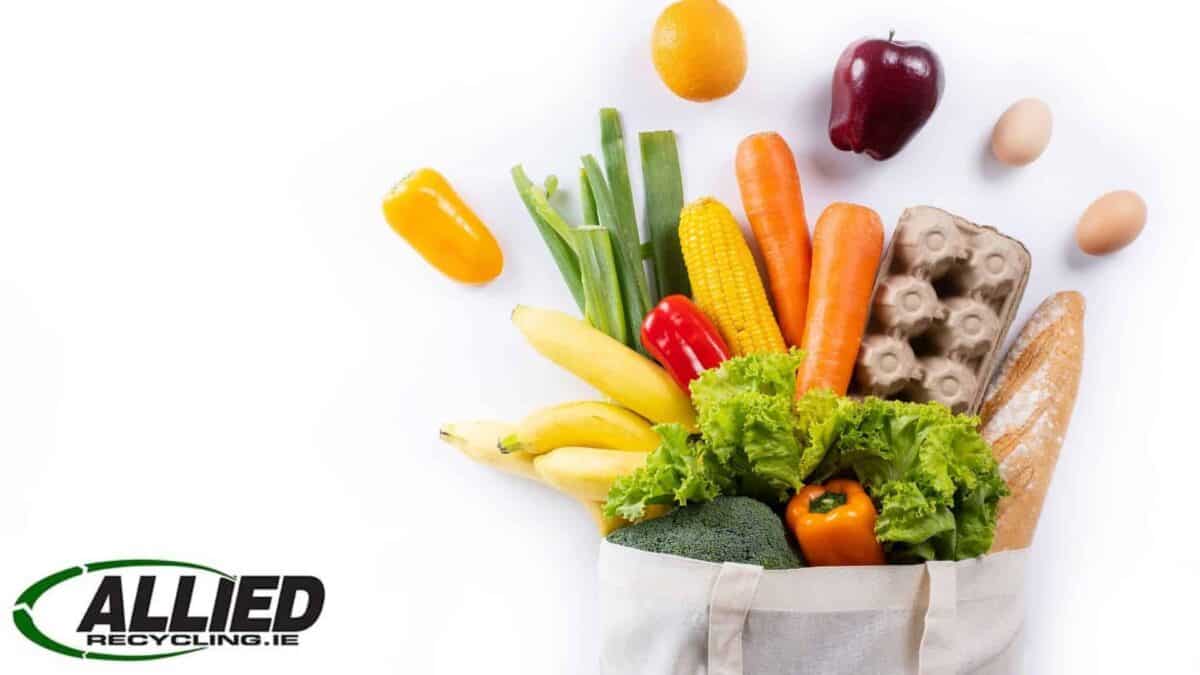Did you know that over 1.1 million tonnes of food that could have been eaten (i.e not including shells and bones) are thrown out of our homes each year? That’s over 3000 tonnes of food A DAY being needlessly chucked out of Irish households.
When we’re shopping, we tend to shop in excess. “It’s better to have and not need than need and not have”, we tell ourselves. The problem is we often purchase more than we need; how often have you found yourself throwing away extra chicken breasts, vegetables or loaves of bread?
We here at Allied Recycling have a simple philosophy. Waste not want not.
If you manage your shopping efficiently, not only will you reduce environmental impact and waste of resources, you’ll save a few bob on the weekly shop too and doesn’t that all sound nice 😉
Check out our tips to reduce your household bill:
#1 Make a shopping list:
Have a game plan. When you sit down and prepare a shopping list, you’re more inclined to properly evaluate what is required and what can be given a miss. Knowing exactly what you need in the store will leave you less likely to meander around, browsing and buying without thought.
#2 Only buy what you need:
Think about it. If every week, you buy 3 loaves of bread and always end up throwing one out, will it be any different this week? Are you going to use all of those litres of milk or will you end up throwing some down the sink? Will you definitely use that much lettuce? Look at all the produce you buy but don’t use on a weekly basis. If it’s not freezable, don’t buy it just to chuck it out later.
#3 Utilise waste food in other ways:
Maybe you don’t have to throw it out after all. A loaf of bread on its way out? Make breadcrumbs and freeze them. Don’t just throw out vegetable peels; use them for homemade stock. Or maybe a soup. Banana going a bit brown? Throw it in a smoothie! There are so many ‘outside the box’ things you can do with leftover food. All you have to do is try.
At Allied Recycling, we believe in minimizing waste while maximizing value.
For more on proper waste management practices, check out our guide on proper bin use: What Goes In My Bin
Managing your waste for a greener future 💚








